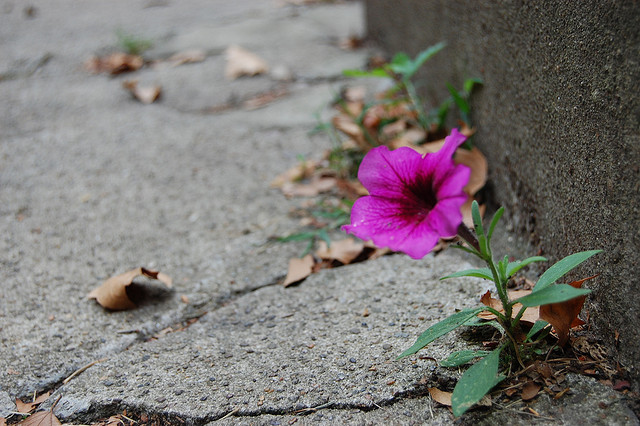On Cancer and Collaboration
Print This Post
Thursday, January 9, 2014, I received the diagnosis: cancer. On Wednesday, June 25, after 23 rounds of radiation, 5 rounds of chemotherapy, and major surgery, the medical oncologist looked me in the eye and said, “You’re cured.” Here were words I never really expected to hear, and certainly not so soon. But the evidence is in and there is no evidence of any more cancer within me.
Throughout this time, partially as personal therapy and partially to keep people informed, I wrote, using an online blogging site called CaringBridge. The writing process kept me attuned closely not only to what was happening within me, but to what I could learn from this journey. I have learned a number of valuable lessons, many of which relate to the work we do through Family Connection, the work of collaboration. Here are some observations I have related to cancer treatment and collaboration.
|
Relationships Matter Relationships certainly matter in collaboration. In fact, that is always among the first things I share with a new coordinator. This work is about relationships. This work could not survive without solid relationships. When adversity comes to a community in the form of disturbing social concerns and that community rallies together to address them, amazing things can happen. |
|
Celebration Matters On March 13 I received my last radiation treatment. When I left the treatment rooms and went out into the reception area, a crowd was waiting to greet me—fellow patients, members of my treatment team, and my wife, Diane. They were clapping and cheering and shaking pom-poms. Then Diane and I were invited to ring a bell that hangs there on the wall—a symbol of celebration and joy. Ringing the bell was a moment I won’t forget, and a moment that gave me strength for what still lie ahead for me. Collaboratives need celebration. Too often we can get caught in looking at the issues, the negatives. It can be depressing. Celebration lifts us up, reminds us that there is good being accomplished, and encourages us for the tasks that still lie ahead. |
|
The Personal Touch Matters The personal touch strengthens collaborative relationships. There needs to be more than an exchange of emails and phone calls for genuine collaboration to be going on. There needs to be some face time, where words of appreciation can be shared, and where ideas can be bounced around the room. There’s something about the personal touch. |
|
Listening Matters We speak often in Family Connection about having the family voice at the table. The challenge is to really listen, to not just hear the words, but to go deeper, understanding the best we can all of the impact these words are trying to convey. Tammy heard more than my words. She read my face, she heard the tremor in my voice, and she interpreted my body language. All those things are there in collaboration as well. Listening is an art that we would do well to cultivate. |
|
Commitment Matters Unfortunately, we live in a world where commitment is optional, where people think a signature on a piece of paper isn’t binding. But commitments, especially when made public, make a difference. I recall one Collaborative coordinator who wasn’t getting the cooperation from a new school superintendent that she would have liked (and the Collaborative needed). She took the new superintendent a copy of an memo of understanding that his predecessor signed, and he readily agreed that he should honor that commitment. Had there been nothing in writing, that relationship might have broken down entirely. |
It is often said that even in the worst of times there is to be found some good. I hope these lessons I’ve found in some very difficult times will provoke your thinking and bring about some good in your work.
